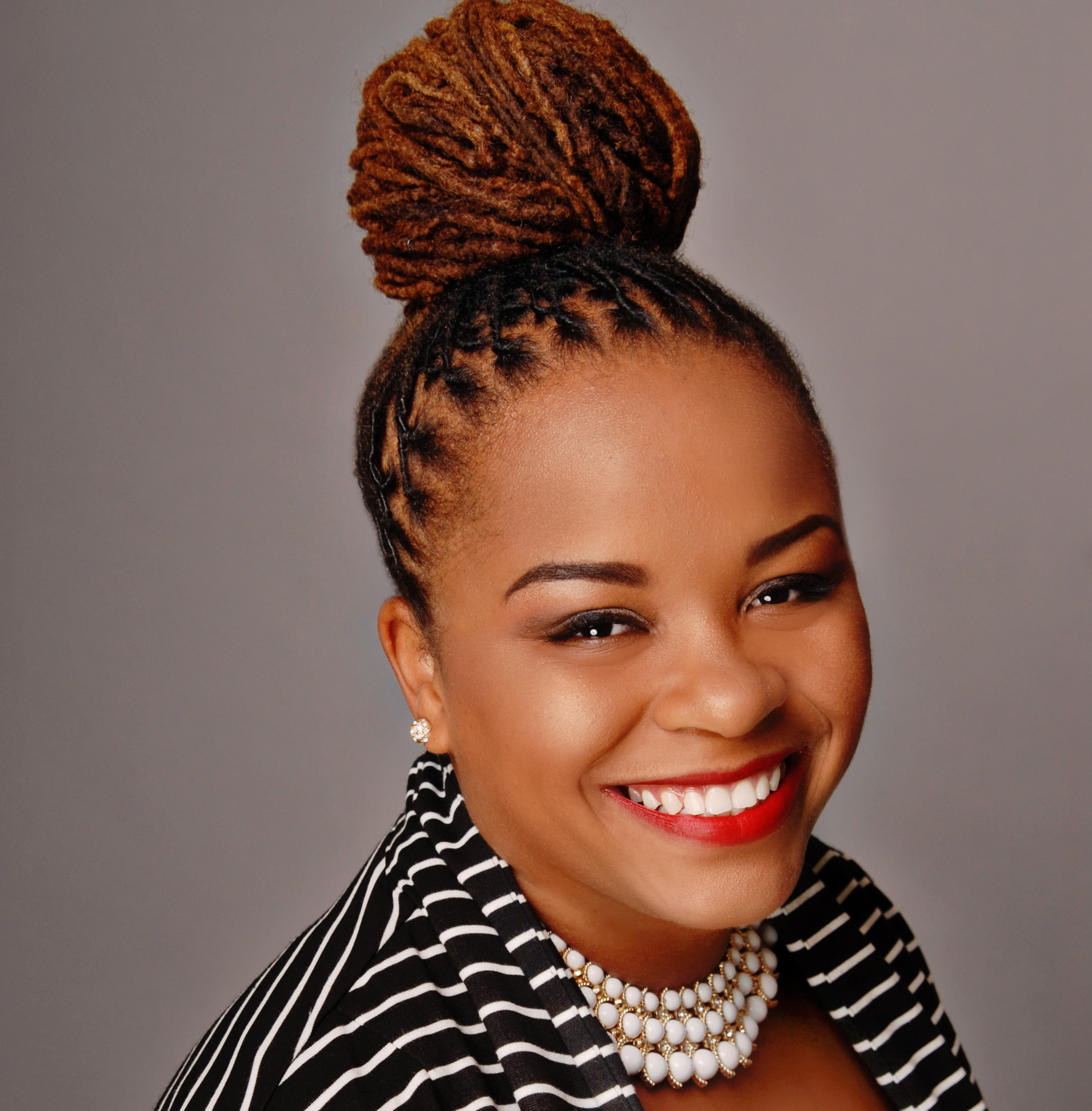– The following Op-Ed appeared in the February 27, 2012 issue of HBCU Digest –
Hailed by Florida Agricultural and Mechanical University (FAMU) President James H. Ammons as “one of the nation’s foot soldiers for social justice,” FAMU alumna Patricia Stephens Due was synonymous with her alma mater and with social activism for more than fifty years. When she died on February 7 at age 72 after a two-year battle with thyroid cancer, she was not only among the most distinguished graduates of FAMU; Stephens Due was one of the most venerated figures of the modern Civil Rights Movement.
In many ways, Patricia Stephens Due was an unlikely heroine. She was barely twenty years old when she and her older sister Priscilla Stephens Kruize led the Tallahassee Student Movement. Students like Stephens Due, who took ten years—more than twice the prescribed time—to complete a bachelor’s degree, aren’t usually heralded as the paradigm of educational virtue. Stephens Due, however, is. As a student, she was singular in service and in sacrifice.
The educational goals of scores of college students have been permanently derailed by much less, but Stephens Due did not let the burdens of near-constant activism deny her. Even the dark glasses Stephens Due wore both day and night for most of her adult life—which had become her signature—were evidence of her determination. Over a half century ago in 1960, her eyes were permanently damaged by teargas thrown in her face by police while she led a march of thousands of students from the FAMU campus toward downtown Tallahassee.
Her activism began when she was a teenager in Quincy, Florida, the city where she was born in 1939 to Lottie Mae Stephens Hamilton and Horace Walter Stephens. At just thirteen years old, she and her sister stood in the “whites only” line at a local Dairy Queen, challenging the city’s Jim Crow laws. From then on, the Stephens sisters’ activism grew exponentially under the influence of their mother who stressed self-reliance and personal responsibility as well as that of their stepfather Marion M. Hamilton, a high school civics teacher.
The lessons the Stephens sisters were taught by their parents stayed with them when they arrived on the FAMU campus in the mid-to-late 1950s. The sisters were outraged by gang rape of their friend and fellow FAMUan Betty Jean Owens by four white men in May 1959. Then a Congress For Racial Equality (CORE) sponsored interracial workshop on nonviolent protest that summer empowered them to do something positive with their frustrations. The Stephens sisters began their social activist careers in earnest that very same year when they co-founded the local CORE chapter, signaling the start of their life-long commitment to the fight for civil and human rights.
While the protest of four North Carolina A&T State University freshmen on February 1, 1960 is now iconic, it was the Stephens’ sisters, along with six other FAMUans, who pioneered the “jail-in” strategy among sit-in demonstrators when they accepted jail sentences rather than pay $300 fines for their February 20 protest at a local Woolworth Department store. Despite the deplorable conditions of the jail, and the justified fears of their parents, the Stephens sisters, along with brother and sister duo John and Barbara Broxton, and FAMU student government president association-elect and local CORE chapter president Williams Larkins completed the entire 49-day sentence.
 The Stephens sisters’ leadership during the jail-in catapulted them to national prominence. After serving their sentences, they traveled across the country on fundraising tours that helped the strategy become a standard of the movement.
The Stephens sisters’ leadership during the jail-in catapulted them to national prominence. After serving their sentences, they traveled across the country on fundraising tours that helped the strategy become a standard of the movement.
Even after marrying then FAMU law student, John D. Due, Jr.—now a prominent civil rights lawyer—in 1963, Stephens Due continued to be involved in nonviolent protests. Dubbed “Mr. and Mrs. Civil Rights,” the couple honeymooned in Washington, D.C., where they participated in the 1963 March on Washington. The following year, Stephens Due began her service as a field secretary for CORE’s first voter education and registration project in North Florida, which registered more blacks than any other region of the South.
The tremendous burden of her activism, compounded by several suspensions from FAMU, hampered her studies. Still, Stephens Due was determined to finish. In 1967, a decade after she enrolled in FAMU, Patricia Stephens Due was awarded her bachelor’s degree. Almost four decades later, in 2006, her alma mater bestowed its highest honor, an honorary degree in humane letters upon her.
The honorary degree was only one of the many honors she received over the course of her life; still, it was among the most important to her. “FAMU was our surrogate parent,” reflected Stephens Due in 2006, “and time after time, we were punished for our ‘behavior.’ And now, they are embracing us and saying, ‘well done, well done.’”
At a time when FAMU needs strong, dynamic and ethical leadership, FAMUans can look to its heroes and heroines like Patricia Stephens Due as examples worth emulation. She liked to say, “Stories live forever. Story tellers don’t.” FAMUans and members of the Historically Black College and University (HBCU) community everywhere are celebrating the story, service, and sacrifice of Patricia Stephens Due.
How lucky the world would be if each HBCUer would make our lives matter in the same way. Then, we too could hear: “Well done. Well done.”













